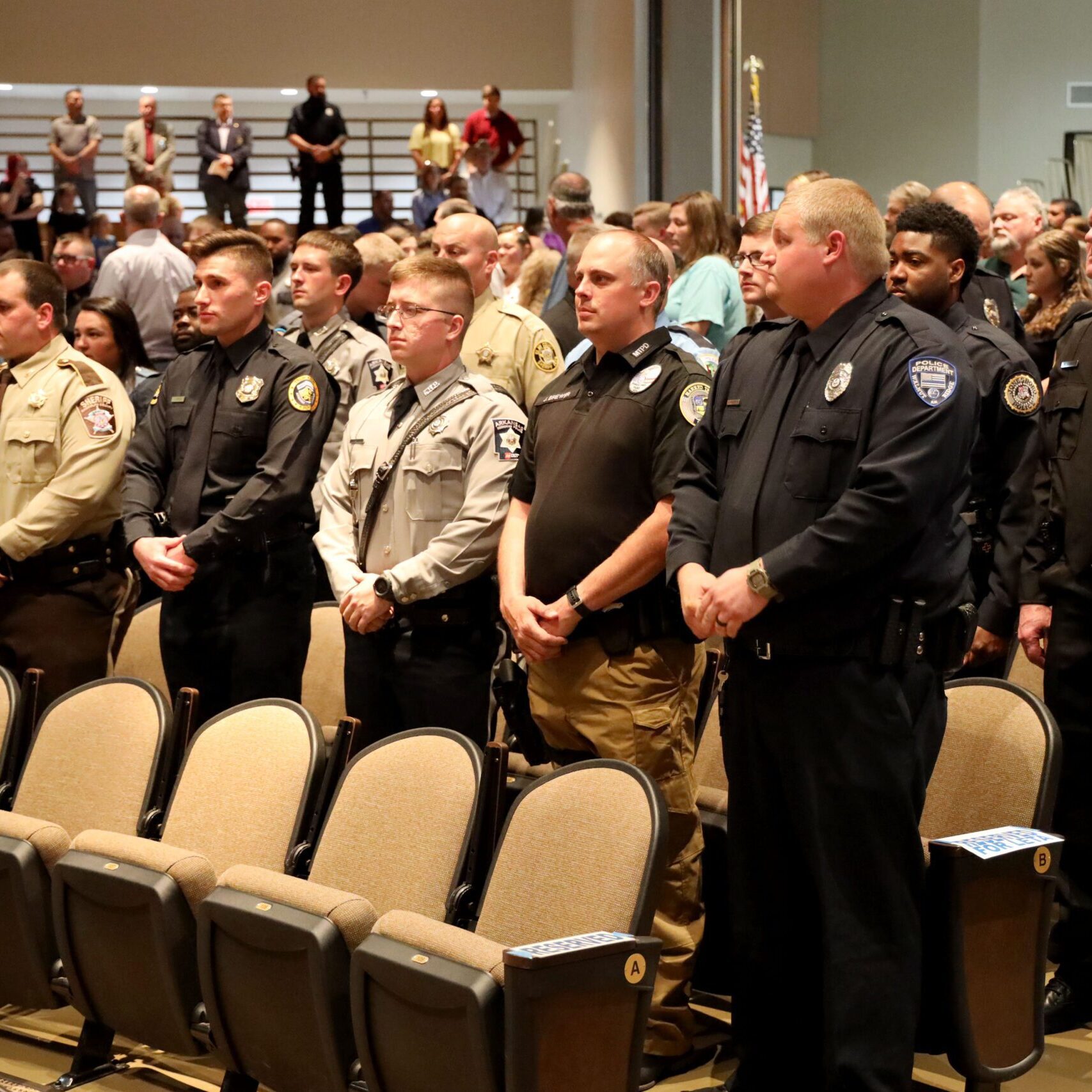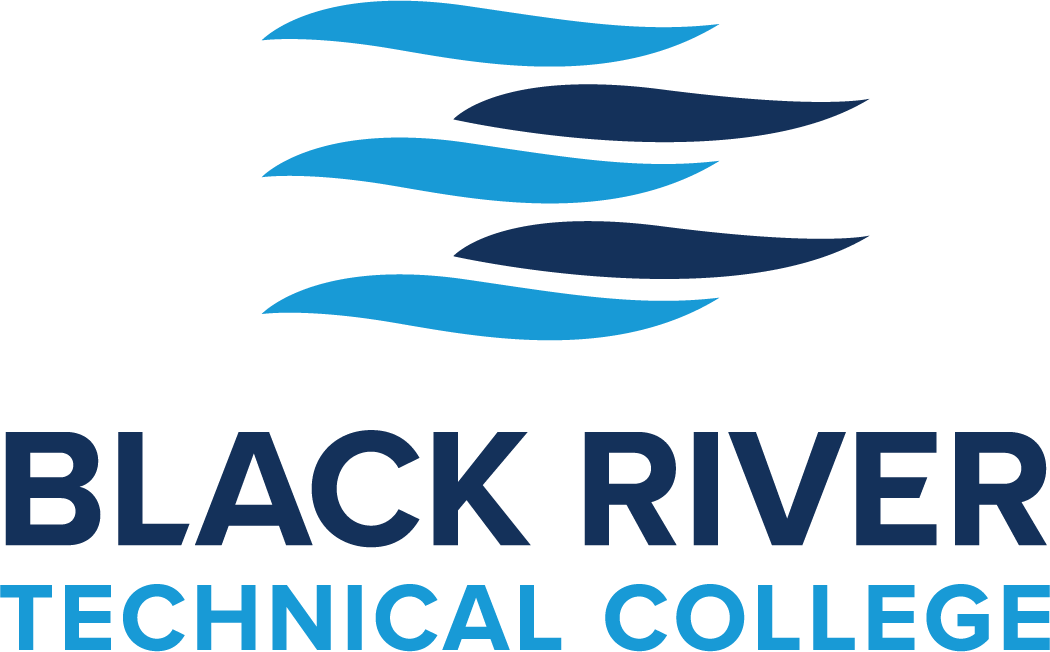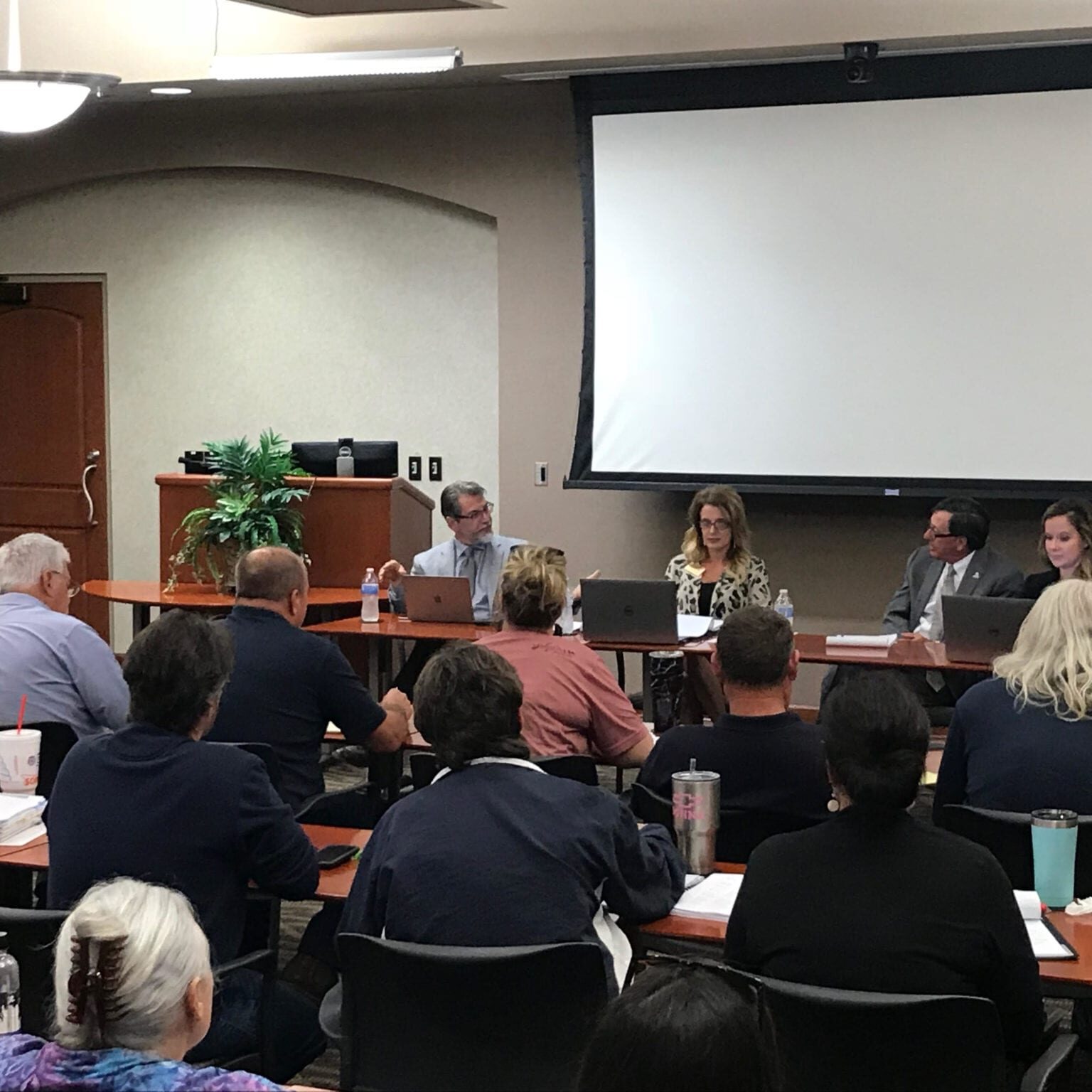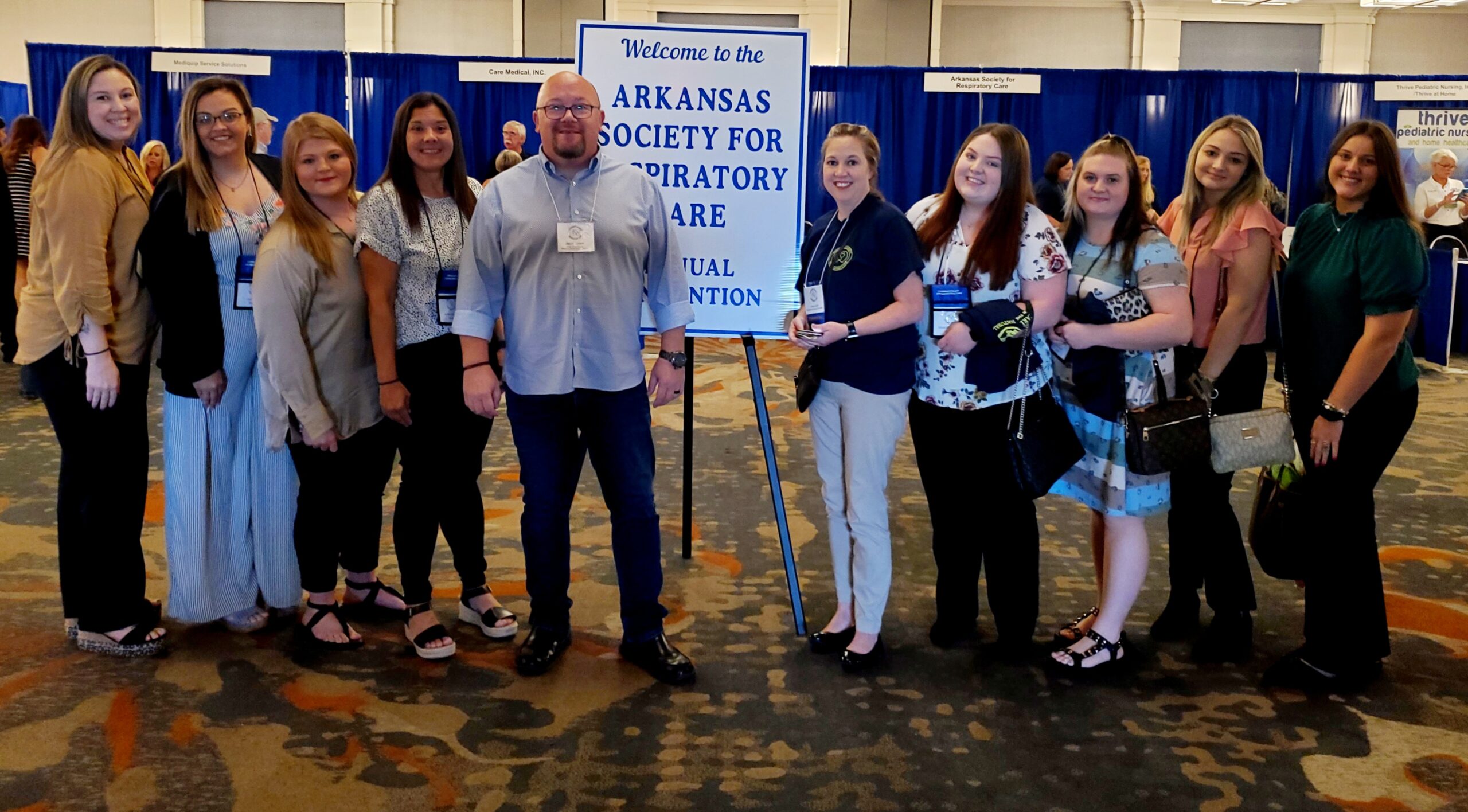
The Student Right-To-Know and Campus Security Act of 1990 requires all colleges and universities participating in Federal Student Aid Programs to disclose
- basic institution information,
- graduation rates,
- information on students receiving athletically-related student aid,
- campus police policies, and
- campus crime statistics.
This page centralizes the information for current and prospective students at Black River Technical College. This is brief summary of the information available and contact information is provided if you would like to request a paper copy.
Financial Aid Policies
Application Of Voter Registration
RequirementCode Of Conduct
Core Principles
Cost Of Attendance
Cost Of Attendance Budgets
Eligible Non-Citizens
Loan Policy
Release Of Student Information Authorization
Act 605 Of 2009Refund Policy
Refund Notification Policy
Return To Title IV Funds Policy
Satisfactory Academic Progress Policy (SAP)
Academics
Some of the most updated versions of the following are located in the current BRTC Course Catalog.
or information about transfer, view the Transfer section of this year’s BRTC Course Catalog.
Transfer Programs
For students who wish to pursue academic degrees at four-year colleges, BRTC provides a bridge. The basic academic coursework offers students an appropriate college foundation to qualify for admittance to a four-year college and prepare for successful work in the upper classes. The faculty is actively involved in advisement to help students with this transition.
Most colleges will only accept transfer of courses with a grade of “C” or better, but those colleges with whom BRTC has a partnership agreement (ASU and WBC) may accept all BRTC courses (with the exception of a grade of “D” in Freshman English I), even those with a “D” grade, if students have an overall GPA of 2.00 and are transferring complete Associate of Arts degrees. Students are responsible for contacting the registrar at the receiving college regarding transfer policies at that college.
Arkansas Act 98 (1989) provides for the establishment of a core curriculum of courses which will apply towards the general education requirements of baccalaureate degrees at state-supported colleges, and which will be fully transferrable between these colleges. The term “state minimum core” is used to describe this core curriculum, and a copy may be obtained from the Office of the Registrar, the Office of the Vice-President for Academic Affairs, or from advisors/counselors.
Arkansas Course Transfer System (ACTS)
The Arkansas Course Transfer System (ACTS) contains information about the transferability of courses within Arkansas public colleges and universities. Students are guaranteed the transfer of applicable credits and the equitable treatment in the application of credits for the admissions and degree requirements. Course transferability is not guaranteed for courses listed in ACTS as “No Comparable Course.” Additionally, courses with a “D” frequently do not transfer and institutional policies may vary.
Courses notated in the degree plan with the “~“ symbol are considered ACTS courses. The Arkansas Course Transfer System (ACTS) contains information about the transferability of courses within Arkansas public colleges and universities. Students are guaranteed the transfer of applicable credits and equitable treatment in the application of credits for admissions and degree requirements. For further information, the ACTS website link can be reached at https://adhe.edu/students-parents/transfer-info-for-students
BRTC has agreements with several 4-year universities, which allows students to complete the first 2 years of a degree at BRTC and then transfer seamlessly to the university to complete the 4-year degree.
The following webpage identifies BRTC’s direct transfer degrees and with which universities BRTC has an agreement.
For more information, visit the following:

Students
Some of the most updated versions of the following are located in the current BRTC Course Catalog.
Black River Technical College is committed to freedom of expression and to fostering an environment where learning and intellectual discovery flourish. We believe that maintaining a balance between safety and open, respectful debate is essential to our mission and success.
We believe in the value of inclusivity and belonging. This belief demands mutual respect and civility so as not to come at the price of suppression of other voices. Because meaningful conversations help students gain the skills to communicate effectively with people of different backgrounds, differing opinions should not be drowned out by a “noisy majority.”
Our students are encouraged to discuss ideas with individuals of diverse perspectives. Open-mindedness and respectful dialogue are expected. As such, we will not tolerate impediments to or abridgments of the freedom of speech, of the press; or the right of our people to peaceably assemble.
See the BRTC Freedom of Expression Policy for more information.
See also: BRTC Campus Poster Policy.
Act 943, passed by the Arkansas Legislature and signed by Governor Asa Hutchinson during the 2015 Legislative Session, directed “the Arkansas Higher Education Coordinating Board to develop an action plan to address the prevention of unplanned pregnancy.”
Black River Technical College provides information and support to meet this requirement through a variety of services:
- Programming to support this initiative provided to new students and transfer students at orientation sessions for the fall and spring semesters on the Pocahontas and Paragould campuses
- Collaboration to offer resources and assistance at low or no-cost with
- Randolph County Health Department in Pocahontas
- Greene County Health Department in Paragould
- BRTC Career Pathways program provides assistance to parents, offering advising and personal support, gas cards, and child care reimbursement to qualifying students.
- The Director of Student Development assists students with personal support and referrals to resources on the BRTC campuses and in the community.
Black River Technical College Campuses are tobacco-free. Smoking and the use of smokeless tobacco products are prohibited on all BRTC campuses.
On August 1, 2010, Arkansas law made it illegal to smoke on all state-supported college and university campuses. The Arkansas Clean Air On Campus Act of 2009 places Arkansas in a unique position to take national leadership in providing healthy environments for learning.
The Arkansas Tobacco Quitline is your direct line to help. It is a free resource available to help Arkansas tobacco users quit. The Quitline can be reached by calling 1-800-QUIT-NOW , and tobacco users can enroll by phone, Internet or fax.
As a general rule, a student’s academic record is confidential and will not be released to unauthorized persons without written approval from the student. However, under 34CFR 99.31 (a) (2) BRTC can release a student’s information to another institution in which the student seeks or intends to enroll.
The following items are considered public information and may be made available upon inquiry unless the student requests nondisclosure:
- name,
- address,
- email,
- phone number,
- photo,
- enrollment status,
- field of study,
- participation in officially recognized activities and sports,
- honors and awards,
- degrees obtained and dates conferred, and
- dates of attendance.
Request for nondisclosure is effective until the student notifies the Registrar, in writing, that the request is to be voided. BRTC intends to comply fully with the Family Education Rights and Privacy Act (FERPA) of 1974 which was designed to protect the privacy of educational records, to establish the right of students to inspect and review their educational records, and to provide guidelines for the correction of inaccurate or misleading data through informal and formal hearings. Students also have the right to file complaints with the FERPA office concerning alleged failures by the institution to comply with the Act. Questions concerning the Family Education Rights and Privacy Act should be referred to the Vice President for Student Services.
For more information, visit the following:
- FERPA Policy in this year's Course Catalog
- FERPA Policy Provisions in this year's Student Handbook
- Policy 2182: Data Privacy Policy
- BRTC Gramm-Leach-Bliley Safeguards Policy

Safety
Title II of the Crime Awareness, Jeanne Clery Disclosure of Campus Security Policy and Campus Crime Statistics Act requires the collection and dissemination of certain information regarding murder, robbery, sex offenses, forcible or non-forcible, aggravated assault, burglary, motor vehicle theft, liquor law violation, drug abuse violation, weapon possessions, arson, and manslaughter. A report must be made/filed with the security officer within 72 hours of its occurrence. Access to campus facilities should be directed the individual(s) below.
- 2024 BRTC Drug and Campus Security Report
- 2023 BRTC Drug and Campus Security Report
- 2022 BRTC Drug and Campus Security Report
- 2021 BRTC Drug and Campus Security Report
- 2020 BRTC Drug and Campus Security Report
- 2019 BRTC Drug and Campus Security Report
- 2018 BRTC Drug and Campus Security Report
- 2017 BRTC Drug and Campus Security Report
- 2016 BRTC Drug and Campus Security Report
- 2015 BRTC Drug and Campus Security Report
- 2014 BRTC Drug and Campus Security Report
- 2013 BRTC Drug and Campus Security Report
- 2012 BRTC Drug and Campus Security Report
For More Information

B.S. , Arkansas State University; J.D., University of Arkansas at Little Rock School of Law



